Training for Broadway
How to Get a Broadway Voice
You’ve probably heard the classic joke that goes like this:
A tourist is wandering around West 58th Street and 7th Avenue in New York City, lost and confused. He spots a local NYC resident standing on the corner and he asks, “Hey, how do you get to Carnegie Hall?” Without missing a beat, the local says, “Practice.”
That’s the truth. If you want to achieve greatness, whether it’s the Olympics or the NBA or Carnegie Hall or being on Broadway, you’ve got to practice, practice, practice.
It takes years of disciplined training to develop a Broadway voice. Even if you weren’t born with tons of raw talent, with the right training and hard work, you can craft a Broadway sound.
Having a Broadway voice is different from having a pop voice or an opera voice. There are different singing styles for every genre, and a Broadway voice is a different animal–and one you’re going to have to learn to master if you’re going to see your name on the marquis.
What is a Broadway Voice?
There’s more than one genre of Broadway singing. Think of Julie Andrews’ voice in My Fair Lady and compare it to Idina Menzel in Wicked. Remember, The Who’s Tommy was on Broadway along with Rodgers and Hammerstein’s Cinderella. If you’re determined to work on Broadway, you need to become a well-rounded artist who can do numerous styles.
The Broadway voice is generally split into four categories: the traditional (think Julie Andrews, with round vowels and crisp diction), the Belt (think Ethel Merman or Carol Burnett blasting out with their “chest voice”), the contemporary musical (think Sutton Foster or Christian Borle, a mix of belting and pop with a dose of speech-based singing), and pop/rock (think of Adam Pascal or Heather Headley, with the kind of music you’d hear on the radio).
You might naturally gravitate towards one style more than the others, but ideally, you’ll be able to do all four with confidence.
How Do You Become a Broadway Singer?
Imagine auditioning for a revival of Camelot one day, then Avenue Q the next, then Chicago the day after that. Becoming a Broadway singer is extremely challenging because you have to be versatile, flexible, and have the vocal stamina to handle tons of auditions, rehearsals, and performances.
Once you get booked in a Broadway show, you’ll be performing eight shows per week! You need professional training to learn Broadway singing techniques, so you can sing powerfully night after night without developing vocal issues.
So, how do you become a Broadway singer? Our best advice:
- Hire a professional voice teacher, ideally someone who currently works on Broadway or who’s a retired Broadway performer…like our stellar Faculty members here at the Broadway Collective! Train with someone who knows the industry inside and out, and who can mentor you and help you achieve your goals.
- Be disciplined and consistent with your training. Attending a vocal master class once a year is cute. But if you’re serious about getting to Broadway, you need weekly training and feedback to help you improve. Join Hello Broadway to get the training you need.
- Start today. Better yet, start yesterday. The sooner you start developing your Broadway voice, the better. If you start while you’re young, by the time you’re applying for a BFA in musical theatre college program–which bases 80% of their admissions process on your audition–you’ll be better prepared than the other people in the room. And if you practice and work through a BFA program, then you’ll be better prepared than the other actors who are pounding Broadway’s pavement in search of a role.
The key is to put in the work now, today. Don’t wait. Think of the very best Broadway stars–the icons: Audra McDonald, Raul Esparza, Bernadette Peters, Patti LuPone, and so many others. They can sing anything you throw at them, because they’ve put in a life of work to get to where they are. Put in that work yourself. Start now.
Discover our 10 SUCCESS HABITS FOR MUSICAL THEATRE STUDENTS IN 2021!
